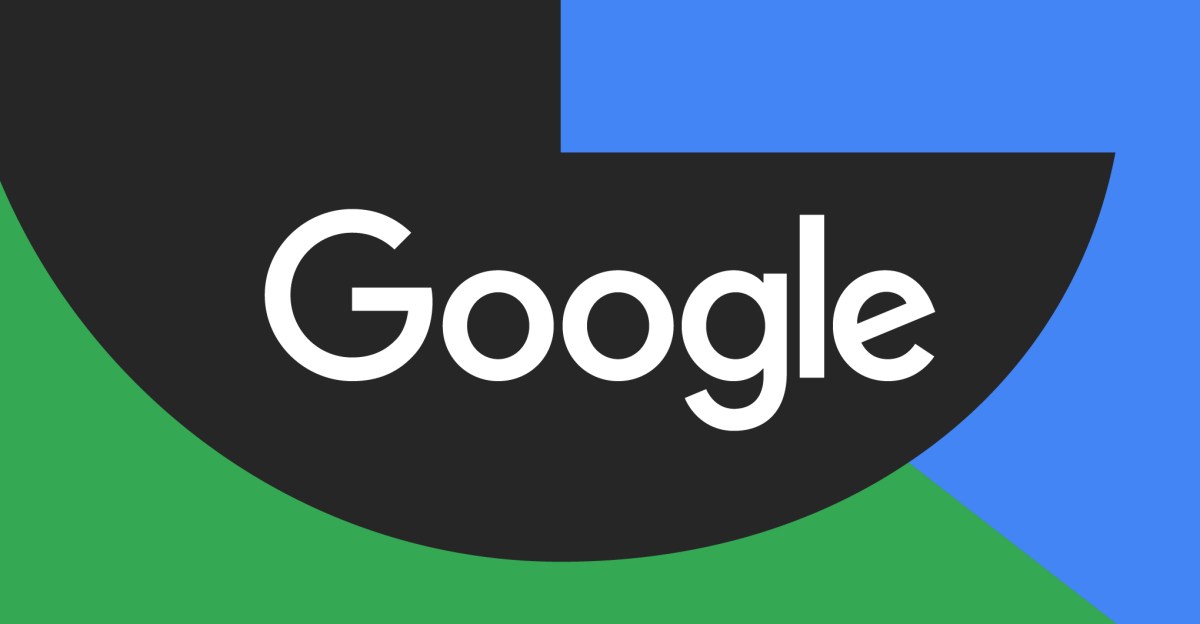Anti-Diversity Activist Robby Starbuck Sues Google Over AI-Generated Defamation Claims

Key Points
- Robby Starbuck sues Google, alleging AI tools linked him to sexual‑assault claims and white nationalist Richard Spencer.
- The lawsuit was filed in the Delaware Superior Court and seeks $15 million in damages.
- Starbuck previously sued Meta over false AI‑generated claims about his involvement in the Jan 6 attack.
- Meta settled the earlier case by hiring Starbuck as an advisor on ideological bias in its chatbot.
- Google says it will review the complaint and cites known "hallucination" issues in its Bard AI.
- No U.S. court has yet awarded damages for defamation involving AI chatbots.
- A prior case against OpenAI was dismissed, with the court finding no proof of actual malice.
- The growing number of AI‑related defamation suits highlights legal uncertainties around large‑language‑model outputs.
Robby Starbuck, known for his campaigns against corporate diversity initiatives, has filed a lawsuit against Google alleging that the company's AI tools falsely linked him to sexual assault allegations and to white nationalist Richard Spencer. This follows a prior suit against Meta, which was settled when Meta hired Starbuck as an advisor on ideological bias. Google says it will review the complaint and notes that "hallucinations" are a known issue with large language models. The case adds to a growing, but still largely unprecedented, legal landscape surrounding AI‑generated defamation.
Background of the Lawsuit
Robby Starbuck, a self‑described anti‑diversity activist, has taken legal action against Google, claiming that the company's artificial‑intelligence search tools produced false associations linking him to sexual‑assault allegations and to white nationalist Richard Spencer. The suit, filed in the Delaware Superior Court, seeks monetary damages for the alleged reputational harm caused by the AI‑generated content.
Previous Legal Action Against Meta
Earlier this year, Starbuck sued Meta, alleging that its AI technology incorrectly asserted that he participated in the January 6 Capitol attack and that he had been arrested for a misdemeanor. That case was resolved when Meta hired Starbuck as an advisor to address "ideological and political bias" in its chatbot. The settlement terms were not disclosed, but the arrangement highlighted Meta's effort to mitigate criticism from right‑leaning figures.
Google’s Response and the Issue of Hallucinations
Google’s spokesperson indicated that the company would "review the complaint when we receive it." He also emphasized that many of the claims relate to "hallucinations" in Bard, Google’s large‑language‑model chatbot, noting that such inaccuracies are a known challenge across the industry. The spokesperson explained that Google discloses these limitations and works to minimize erroneous outputs, acknowledging that users can sometimes prompt the system to produce misleading statements.
Legal Context and Wider Implications
The Starbuck lawsuit adds to a nascent body of litigation involving AI‑generated defamation. To date, no U.S. court has awarded damages in a defamation case centered on an AI chatbot. A prior case involving conservative radio host Mark Walters, who sued OpenAI over alleged defamatory content from ChatGPT, was decided in favor of OpenAI, with the court finding that Walters failed to prove actual malice. Legal experts note that the rapid evolution of large language models has outpaced existing defamation law, leaving many questions about liability and remedies unanswered. Starbuck’s current filing seeks $15 million in damages, though the outcome remains uncertain.